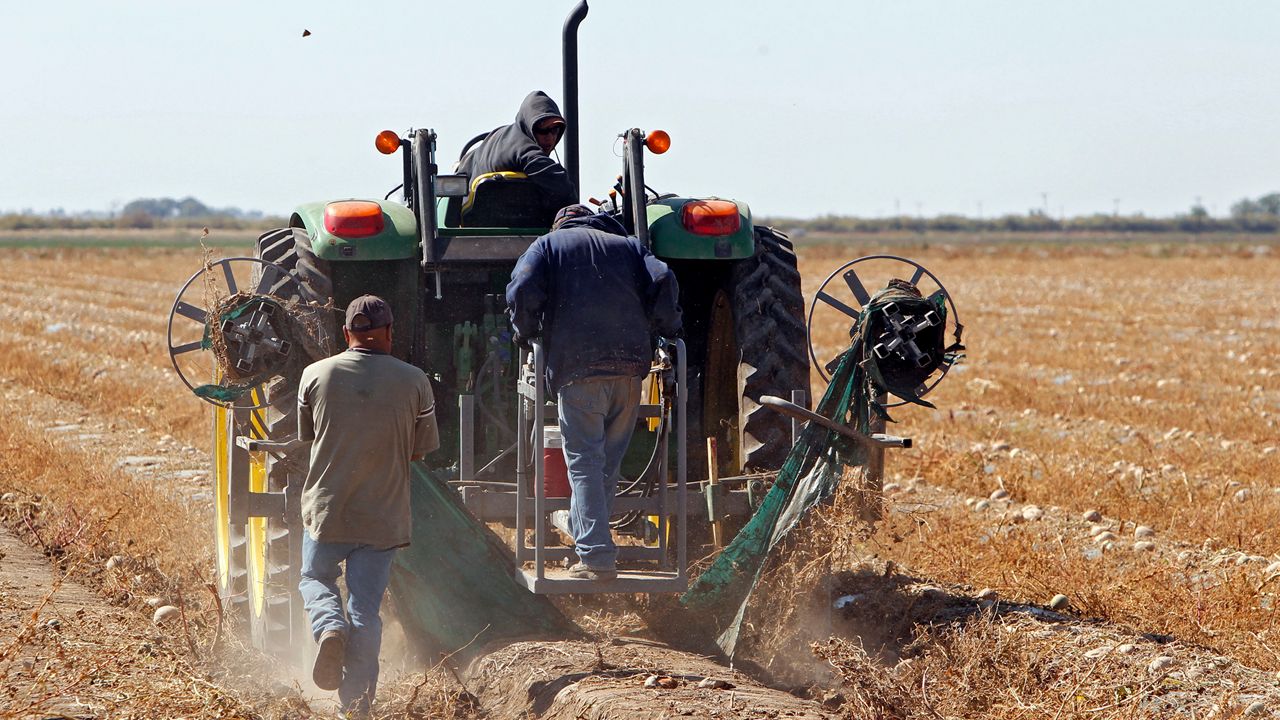Rep. Elise Stefanik's office on Wednesday is releasing a letter to state labor officials calling for a reversal of New York's plan to lower the overtime threshold for farm workers from 60 hours a week to 40.
Republicans who represent New York in the House of Representatives sent the letter as part of the public comment period before the change goes into effect by the end of the year.
“I am proud to stand up for our New York farmers and oppose Kathy Hochul’s wage board’s reckless overtime proposal that jeopardizes the future of agriculture in New York State and the livelihoods of our hardworking farmers,” Stefanik said. “Upstate New York is home to thousands of dairy farmers, apple growers, and maple producers, who work tirelessly to provide for our communities but are being forced to bear the burdens of poor decisions made in Albany. I will continue to bring the concerns of our farmers to the highest levels and continue to oppose the lowering of the overtime threshold at every turn, because if we have no farms, we have no food.”
In addition to Stefanik, Reps. Lee Zeldin, the party's candidate for governor, along with Claudia Tenney, John Katko and Chris Jacobs, signed onto the letter.
A wage board at the state Department of Labor and Commissioner Roberta Reardon have backed the change to lower the threshold for when overtime will kick in for farm workers, which will take effect over the next decade. Lawmakers and Gov. Kathy Hochul earlier this year approved tax credits meant to offset the cost for farmers.
But Republicans and agriculture producers have pushed back back on the plan, calling it detrimental to agriculture producers in an already challenged industry.
"Farm families and the agriculture industry in New York State will suffer tremendously if the Farm Laborers Wage Board’s overtime recommendations are implemented," the House Republican letter states. "Our farmers cannot withstand higher labor costs amidst an already strained labor force and will have to face significant financial decisions regarding their farm operations. Without operating farms, our state will undergo food shortages, endanger the future of our agricultural industry, and negatively impact our economy."
Supporters of the change have argued the move is necessary in order to aid laborers in a sector of the economy that was cut out of labor regulations nearly a century ago during the New Deal reforms.


